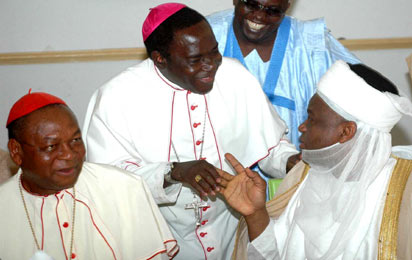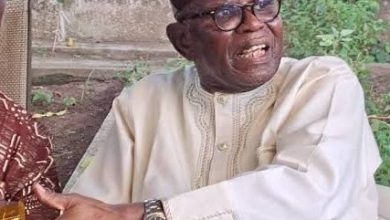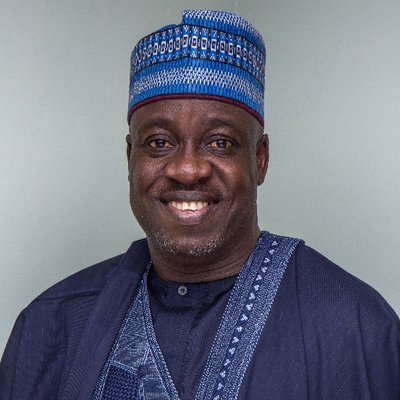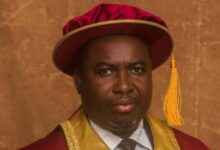Breaking: Yusuf Maitama Sule is dead
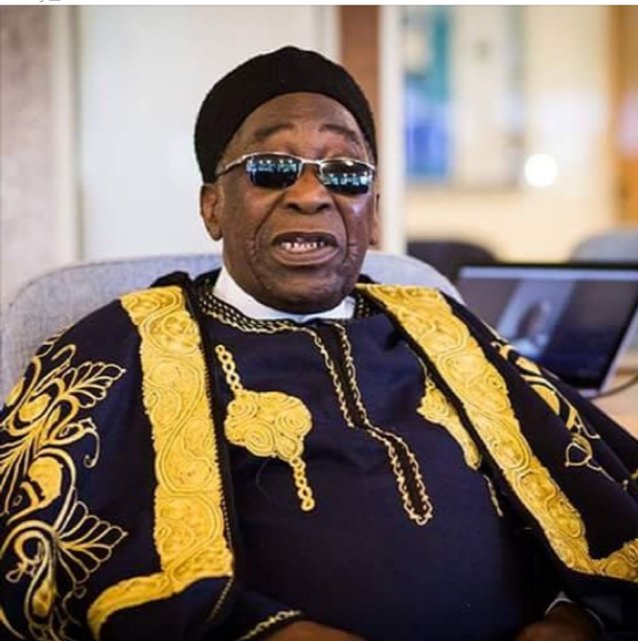
Danmasanin Kano and former Nigeria’s Permanent Representative to the United Nations (UN), Alhaji Yusuf Maitama Sule, is dead.
Although The DEFENDER’s effort to get official confirmation on the news of the First Republic Minister’s death from authorities in Kano has not yielded result, but a source in the city confided in us that he died Monday morning in Egypt.
He said, “A close associate of his family just called to inform me of his death in Egypt.”
Maitama Sule, according to another source, was taken to the Egyptian capital of Cairo four days ago on medical grounds. As at press time, arrangements were said to be in top gear to bring his body back home for burial.
Ambassador Yusuf Maitama Sule was a Nigerian politician, acclaimed orator and diplomat. In 1976, he became the Federal Commissioner of Public Complaints, a position that made him the nation’s pioneer ombudsman. In early 1979, he was a presidential aspirant of the National Party of Nigeria (NPN) but lost to Alhaji Usman Shehu Shagari. He was appointed Nigeria’s Representative to the United Nations after the coming of civilian rule in September 1979. While there he was chairman of the United Nations Special Committee against Apartheid.
After, the re-election of President Shagari in 1983, Maitama Sule was made the Minister for National Guidance, a portfolio designed to assist the president in tackling corruption.
The rise of economic nationalism during the 1970s led to the enactment of a decree stipulating minimum requirements for local content in many companies doing business in Nigeria. To capitalize on the benefits of indigenous control of the economy, many permanent secretaries, federal commissioners, state governors and their cronies established firms to conduct business with the government.[3] It was with the intent of patching the revolving door and to stem small-time corruption that the Public Complaints Commission was created in 1975. It was meant to hear and tackle complaints fielded by the common man in a simple and efficient manner. Maitama Sule, as head of the commission was known to have taken his job seriously, partly because he was a potent political commodity and had a lot to gain from the good will of the people when a transition to civilian rule was in place.[4] As a result of the commission’s effort, corruption during the period was temporarily curtailed
In 1983, he returned to a familiar role, this time under a democratic government as the head of a ministry to tackle corruption. The new but short-lived ministry was created solely to invest time in an ethical re-orientation of Nigerians. Maitama, who had acquired a solid reputation as a tough U.N representative, when he was chairman of a U.N. special committee on apartheid was asked to lead the ministry. However, his appointment was not satisfactory to critics. Shagari’s administration was removed by a coup, with the coupists citing corruption as a major reason for the incursion.



